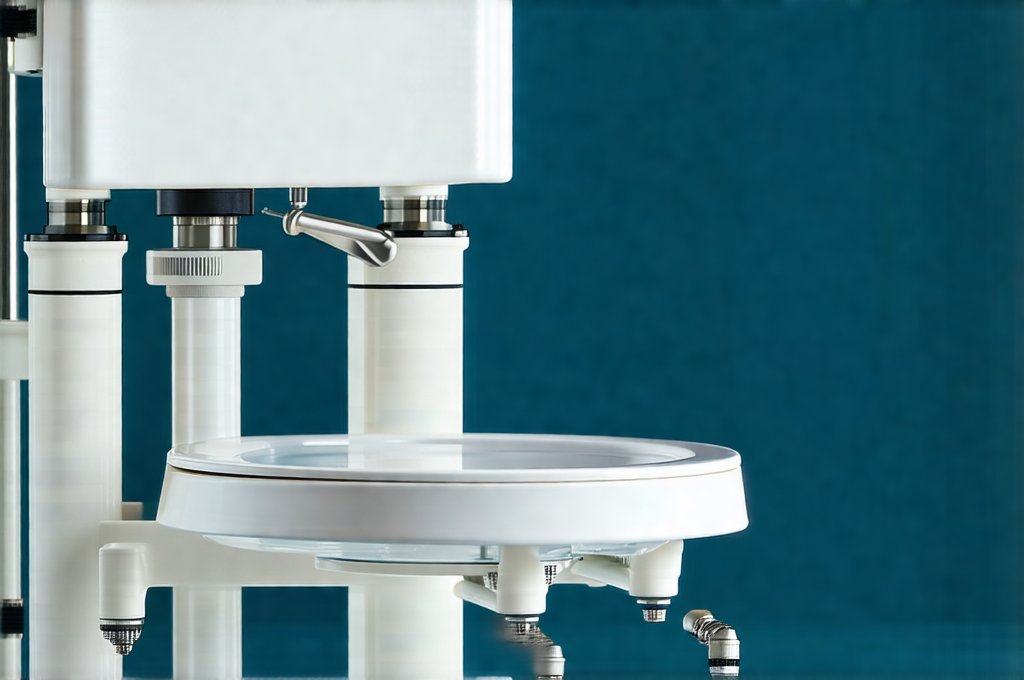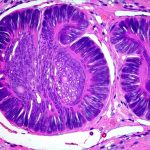For decades, when people experienced digestive issues – bloating, gas, abdominal pain, diarrhea, constipation – the go-to diagnostic approach often revolved around symptom management and broad-spectrum treatments. While these can sometimes offer temporary relief, they frequently miss the underlying root causes of discomfort. We’ve historically focused on what we could see (symptoms) rather than what was happening within the complex ecosystem of the gut. This has led to a largely reactive approach to digestive health, and often, chronic issues remain unresolved. Increasingly, however, there’s a shift occurring – a recognition that understanding the intricate world inside our intestines is paramount for truly effective healthcare, and stool testing is leading the charge in this revolution.
The gut microbiome, now understood as an essential “organ” within us, plays a critical role not just in digestion but also in immunity, mental health, hormone regulation, and even chronic disease prevention. Traditional diagnostic methods often fall short in assessing this complex microbial landscape. They rarely provide insight into the functional capacity of these microbes – what they’s actually doing inside your gut. Stool testing offers a non-invasive window into this hidden world, revealing far more than simply identifying pathogens or looking for blood. It’s about understanding the delicate balance within the microbiome and how that impacts overall health, moving beyond reactive symptom management to proactive wellness strategies.
The Breadth of Information Revealed by Stool Testing
Stool testing has evolved dramatically in recent years. What was once limited to basic parasite checks is now a sophisticated analysis capable of providing detailed insights into numerous facets of gut health. It’s not just about identifying “bad” bacteria; it’s about understanding the entire microbial community and its functional output. This includes assessing the diversity, abundance, and activity of different microbial species, as well as measuring key markers that indicate digestive function and inflammation.
Modern stool tests can analyze DNA extracted from the microbes present in your stool sample, providing a comprehensive snapshot of your gut microbiome composition. This allows for identification of beneficial bacteria (like Bifidobacteria and Lactobacilli) alongside potentially problematic organisms. Furthermore, advanced testing incorporates assessments of metabolic byproducts – substances produced by the gut microbes that impact health. Markers like short-chain fatty acids (SCFAs), which are crucial for gut barrier integrity and immune function, can be quantified, providing a functional understanding of microbial activity. The level of detail provided is simply unmatched by traditional methods.
Beyond the microbiome itself, stool tests can also assess markers related to digestion and absorption. Tests can reveal issues like pancreatic insufficiency (inadequate digestive enzyme production), bile acid metabolism imbalances, and levels of calprotectin, a marker for intestinal inflammation. This holistic approach allows healthcare providers to pinpoint specific areas of concern and tailor interventions accordingly. It’s important to remember that stool testing isn’t meant to replace other diagnostic tests but rather complements them, providing a more complete picture of overall health.
Digging Deeper: What Specific Markers Reveal
Stool tests don’t just tell you what microbes are present; they reveal how those microbes are functioning and impacting your body. Understanding these key markers is crucial for interpreting test results effectively. Let’s explore a few examples.
- Short Chain Fatty Acids (SCFAs): These are produced when gut bacteria ferment fiber, providing energy to colon cells, strengthening the gut barrier, and modulating immune function. Low levels can indicate insufficient fiber intake or an imbalance in the microbiome.
- Calprotectin: As mentioned earlier, this is a marker of intestinal inflammation. Elevated levels often suggest inflammatory bowel disease (IBD) or other inflammatory conditions. However, it’s important to note that calprotectin can be elevated even without IBD, so further investigation may be needed.
- Elastase-1: This enzyme, produced by the pancreas, is essential for protein digestion. Low levels of elastase in stool suggest pancreatic insufficiency, which can lead to malabsorption and digestive discomfort.
- Fecal Immunoglobulin A (IgA): This antibody plays a crucial role in gut immunity. Assessing IgA levels helps understand the strength of your immune defenses within the gut.
These are just a few examples; many other markers are routinely assessed in comprehensive stool testing, providing a detailed and nuanced understanding of gut health. It’s vital to work with a qualified healthcare practitioner who can accurately interpret these results and develop personalized treatment recommendations.
The Role of Microbial Diversity & Imbalance
A healthy gut is characterized by diversity – a wide range of microbial species coexisting in balance. This diversity contributes to resilience, allowing the microbiome to withstand disruptions like antibiotic use or dietary changes. Conversely, low diversity has been linked to various health issues, including autoimmune diseases, allergies, and mental health disorders. Stool testing can quantify this diversity, providing a baseline measure for tracking improvements over time.
However, simply having a high number of different microbes isn’t enough. It’s also about the balance between beneficial and potentially harmful bacteria. An imbalance, often referred to as dysbiosis, occurs when certain microbial groups become dominant while others decline. This can lead to various symptoms, including bloating, gas, diarrhea, constipation, and even systemic inflammation. Stool testing can identify these imbalances, revealing which microbial populations are out of sync and potentially contributing to health issues. Addressing dysbiosis often involves dietary changes, probiotic supplementation (targeted based on test results), and lifestyle modifications aimed at supporting a healthy microbiome. Probiotics can be a helpful tool here.
Beyond Digestive Issues: The Gut-Brain Connection & Systemic Health
While stool testing is undeniably powerful for addressing digestive complaints, its implications extend far beyond the gut itself. Emerging research continues to highlight the profound connection between the gut microbiome and brain health, often referred to as the “gut-brain axis.” The gut microbiome influences brain function through various pathways, including the production of neurotransmitters (like serotonin) and modulation of the immune system.
Dysbiosis has been linked to anxiety, depression, cognitive impairment, and even neurodegenerative diseases. Stool testing can help identify microbial imbalances that may be contributing to these conditions, allowing for targeted interventions aimed at improving gut health and potentially alleviating neurological symptoms. Furthermore, the gut microbiome plays a role in systemic inflammation, which is implicated in many chronic diseases, including heart disease, diabetes, and autoimmune disorders. By assessing markers of inflammation and identifying potential sources of dysbiosis, stool testing can contribute to a more holistic approach to preventing and managing these conditions. Reflux is just one example where gut health matters beyond the digestive system.
In conclusion, stool testing represents a paradigm shift in how we understand and address health. It’s no longer sufficient to simply treat symptoms; we must delve deeper into the underlying causes, and the gut microbiome is often at the heart of it all. By providing a comprehensive and functional assessment of this intricate ecosystem, stool testing empowers both patients and healthcare providers to make informed decisions and optimize overall well-being. The power lies not just in identifying problems but in understanding the why behind them, paving the way for truly personalized and effective health strategies. Sugar’s impact on gut health is another area to consider as part of a holistic approach.


















